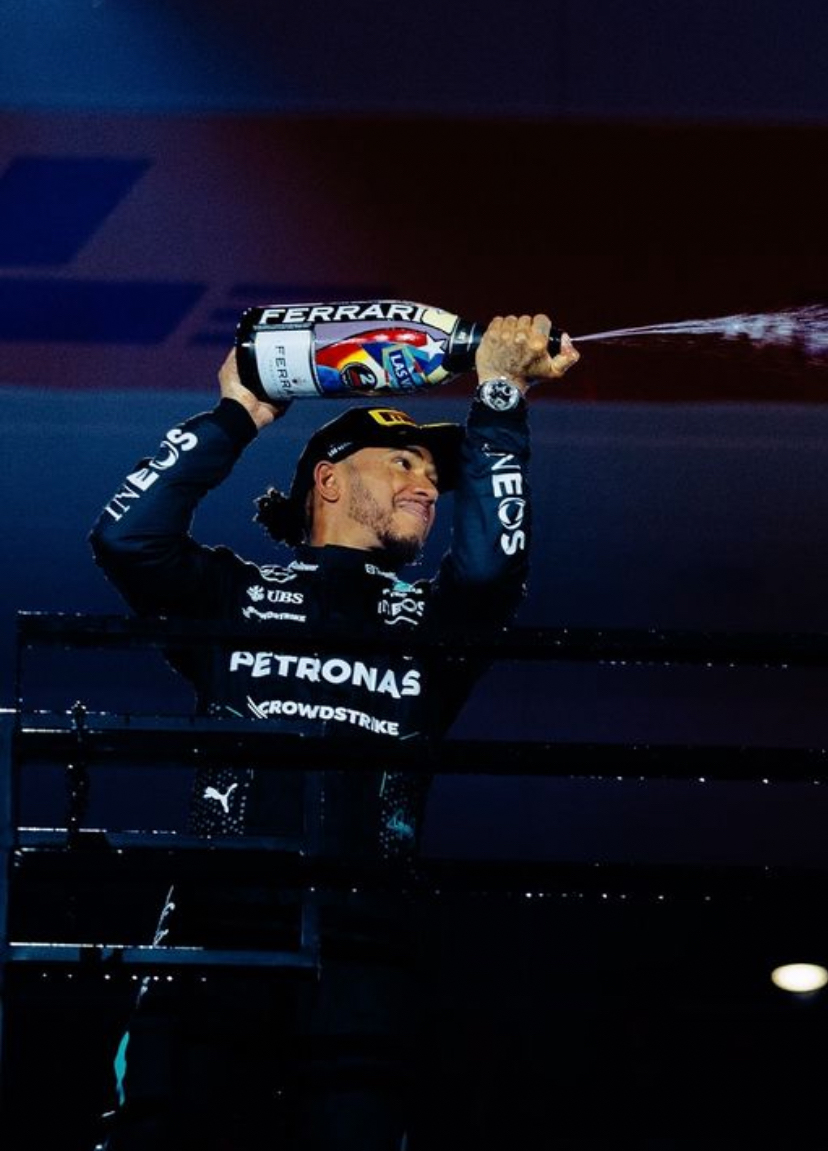What Happens if a Reserve Driver Causes a Crash During a Formula 1 Race?

Formula 1 World Champions: A legacy of racing legends
What happens if a reserve driver causes a crash during a race they are substituting in?
Explore the consequences of a reserve driver causing a crash during a Formula 1 race. Learn about penalties, team impacts, and the importance of professionalism in recovery.
In the fast-paced world of Formula 1, reserve drivers step into high-pressure situations with little preparation. But what happens if a reserve driver causes a crash during a race? The consequences can be significant for the driver, the team, and the sport as a whole. From penalties to damage costs, understanding the fallout of such an incident highlights the challenges faced by reserve drivers.
The Responsibilities of a Reserve Driver
Reserve drivers face immense pressure when called upon to substitute for a full-time driver. They must quickly adapt to unfamiliar cars, integrate with the team, and deliver under the spotlight of a Grand Prix weekend. Despite limited time and preparation, they are expected to meet the same safety and performance standards as full-time drivers.
Immediate Race Consequences
If a reserve driver causes a crash, the consequences can unfold in several ways, depending on the incident's specifics:
1. Stewards' Investigation
As with any race incident, the crash will be reviewed by the FIA stewards. They examine factors such as intent, negligence, and the conditions leading up to the crash.
2. Penalties
If found at fault, the reserve driver may face penalties, including time penalties during the race, grid penalties for the next event, or even penalty points on their super licence. Accumulating 12 points over a 12-month period leads to a one-race ban, which applies to both reserve and full-time drivers alike.
Team Repercussions
A crash caused by a reserve driver can have significant consequences for the team, affecting both financial and strategic aspects:
1. Damage Costs
Crashes can lead to expensive repairs, with some accidents costing millions of dollars. With the cost cap in place, these expenses can strain a team's budget, potentially limiting resources for car development.
2. Lost Points
If the crash results in the reserve driver or their teammate retiring from the race, it could lead to a missed opportunity for valuable championship points, impacting both the Constructors' and Drivers' standings.
3. Strategic Setbacks
Teams rely on drivers for data collection and strategy execution. A crash disrupts these plans, hindering the team’s ability to optimize performance during the weekend.
Impact on the Reserve Driver
For the reserve driver, causing a crash can have lasting personal and professional consequences:
1. Reputation Damage
Reserve drivers are often aiming for a full-time seat, and a high-profile crash could damage their reputation and hinder future opportunities.
2. Team Trust
If the crash is deemed avoidable, the team may lose confidence in the reserve driver’s ability to handle pressure or adapt to the car, making them less likely to rely on them in future events.
3. Super Licence Points
Penalties such as super licence points could negatively impact a reserve driver’s career. Accumulating penalty points could lead to further complications, as teams may hesitate to engage a driver with a history of incidents.
Notable Incidents
Throughout Formula 1 history, there have been instances where reserve drivers have faced challenges during their substitutions:
Pietro Fittipaldi (2020 Sakhir GP)
Pietro Fittipaldi stepped in for Haas at the 2020 Sakhir Grand Prix after Romain Grosjean’s fiery crash. Although Fittipaldi avoided major incidents, his conservative approach to racing showed the fine line reserve drivers must walk between performance and caution.
Nico Hülkenberg (2020 70th Anniversary GP)
Hülkenberg's substitution for Racing Point during the 2020 70th Anniversary GP showcased the other side of the coin: a solid performance under pressure that boosted his reputation without incident.
The Silver Lining: Recovering from a Crash
While crashes are part of racing, they are never ideal. However, a reserve driver can rebuild their reputation if they handle the aftermath professionally. Even drivers like Charles Leclerc and Max Verstappen faced early career incidents but later became top drivers in Formula 1.
Conclusion
When a reserve driver causes a crash during a Formula 1 race, the impact can be far-reaching, affecting not only the driver but the team and the broader championship. The consequences include potential penalties, financial strain, and damage to the driver’s career. However, motorsport is unpredictable, and reserve drivers must be prepared for these challenges. How a driver recovers from such setbacks can ultimately define their future in the sport.
Up Next


